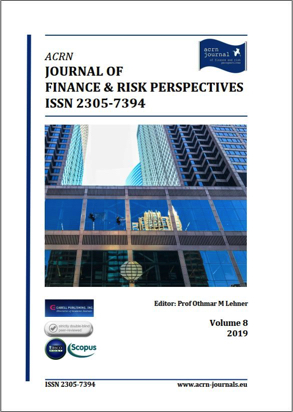Hayne, M., Ralite, S., Thomä, J., Koopman, D., 2019, Factoring transition risks into regulatory stress-tests: The case for a standardized framework for climate stress testing and measuring impact tolerance to abrupt late and sudden economic decarbonization, ACRN Journal of Finance & Risk Perspectives, 8 (1), 206-222

Michael Hayne 1, Soline Ralite 2, Jakob Thomä 1, Daan Koopman 1
1 2°Investing Initiative, Berlin, Germany
2 2°Investing Initiative, Paris, France
Abstract
A debate has recently emerged as to whether climate risks may be material for financial stability, driven by a solid body of evidence that climate risks may create value destruction for key industrial sectors that are prominently represented in financial markets. As a result, financial supervisory authorities are starting to explore how these risks can be integrated into existing stress-testing frameworks. This paper proposes a methodology that financial supervisors could follow to build ‘late & sudden’ transition scenarios that could be used as input into either traditional or climate-specific stress-tests of regulated entities. It also proses that supervisors run multiple simulations of these scenarios across regulated entities to inform on systemic and idiosyncratic ‘impact tolerance’ and creation of ‘reverse stress-tests’ enable the setting of minimum capital thresholds. An illustrative application of the process is shown, focusing on listed equity and corporate bonds tied to climate sensitive sectors (fossil fuels, power, steel, cement, automotive and aviation).
Keywords: Climate stress-test, Climate transition risks, Scenario analysis, Reverse stress-testing, Minsky moment